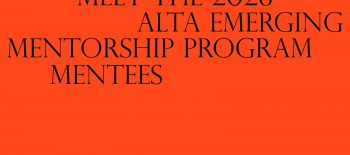Polish Poetry Unites is a video series complementing our Encounters with Polish Literature series for anyone interested in literature, poetry in particular, history, and reading. In each episode, Edward Hirsch, a distinguished American poet, and the president of the Guggenheim Memorial Foundation, will introduce a celebrated Polish poet to American audiences.
Ed Hirsch compares Zbigniew Herbert to W.H. Auden or T.S. Elliot as a point of reference for American audiences. He says “Americans should read him because we have such a poor sense of history. But also, because Herbert is interested in universal truths, he’s interested in what he calls universal compassion.” He sees Herbert as a timeless poet, an avant-garde classicist, one who searches for moral values in both art and philosophy from all eras of history.
Herbert was born in Lviv which was Polish at the time, then Nazis invaded, and after Nazis communists came, so Herbert had to defy two totalitarianisms. During the cold war times, it was extremely difficult for Polish citizens to travel abroad. Herbert, on a shoe-string budget, ”did whatever he could to be able to go and see the old masters. So that he could go to travel to the museums, so that he could go to Lascaux. So that he could go to Orvieto. So he could travel to Holland and see the world that he wanted to see of the Dutch masters. Not just to go and see museums, but to see the country itself. Because he was continually testing what he saw in the present with what he knew from the past.”
In the video, the landscapes Herbert drew during his travels, as well as ancient Greek art that inspired him, serve as a backdrop to Hirsch’s words.
Edward Hirsch says: “[Herbert] invented a figure called mister Cogito, which is based on Descartes, I think therefore I am. and Mr. Cogito is a kind of Polish everyman… In “Report from the Besieged City” there’s a poem called “Mr. Cogito and the Imagination,” and there is a moment of found poetry in this poem that I think tells you a lot about Herbert’s project. Because there are things that Mr. Cogito doesn’t know or wants to think about to the very end. Some of those things are historical and personal, like the dreams of Mary Stewart the night before she’s executed, or the dreams of the last Aztecs. That is not only when a person is being destroyed, but when a whole civilization is being destroyed, what do people think about?”
Herbert was also a non-fiction writer. Two books of his essays were published during his lifetime in the US: “Barbarian in the Garden” in 1962 and “Still Life with a Bridle” in 1993. Both books were written thanks to his travels.
Ed Hisch continues: “You might say that the 17th century Dutch painters are the collective heroes of his imagination. Because they believed in freedom and daily life. And Herbert travels all over the world to these museums to see these Dutch masters. But what he’s also looking for is the view that the Dutch masters saw in contemporary Holland. Which he finds hard to see, but eventually he finds it, the windmills and the wind and the fields of grain, and he knows it exists in the world.”
Herbert was deeply influenced by living under Soviet communism, and he searched for beauty and universal truth in history, but also in “the free world” of Western Europe. “Herbert was an aesthete, an aesthete with moral values. And he just thought everything about the Soviet way of life was contemptuous, and he resisted. And he resisted by holding up a kind of alternative, and the alternative was what he saw from the past. From the great philosophers, from the great works of art, from the great works of literature. And he took these values and compared them to the present, and he found the present wanting. But he also held us, all of us to a higher standard.”
The second part of this video focuses on the poem “To Marcus Aurelius” in which in the words of Ed Hirsch: “Herbert compares the present, and the kind of world of tears that he’s living in now, against the world of Marcus Aurelius’ meditations, where the Greek philosopher counsels us to a kind of stoicism. And he finds that it’s almost impossible to share this stoicism but it’s something he seeks, this kind of calmness.”
To Marcus Aurelius
by Zbigniew Herbert
for Professor Henryk Elzenberg
Good night Marcus put out the light
and shut the book For overhead
is raised a gold alarm of stars
heaven is talking some foreign tongue
this the barbarian cry of fear
your Latin cannot understand
Terror continuous dark terror
against the fragile human land
begins to beat It’s winning Hear
its roar The unrelenting stream
of elements will drown your prose
until the world’s four walls go down
As for us? – to tremble in the air
blow in the ashes stir the ether
gnaw our fingers seek vain words
drag off the fallen shades behind us
Well Marcus better hang up your peace
give me your hand across the dark
Let it tremble when the blind world beats
on senses five like a failing lyre
Traitors – universe and astronomy
reckoning of stars wisdom of grass
and your greatness too immense
and Marcus my defenseless tears
Translation: Czesław Milosz and Peter Dale Scott
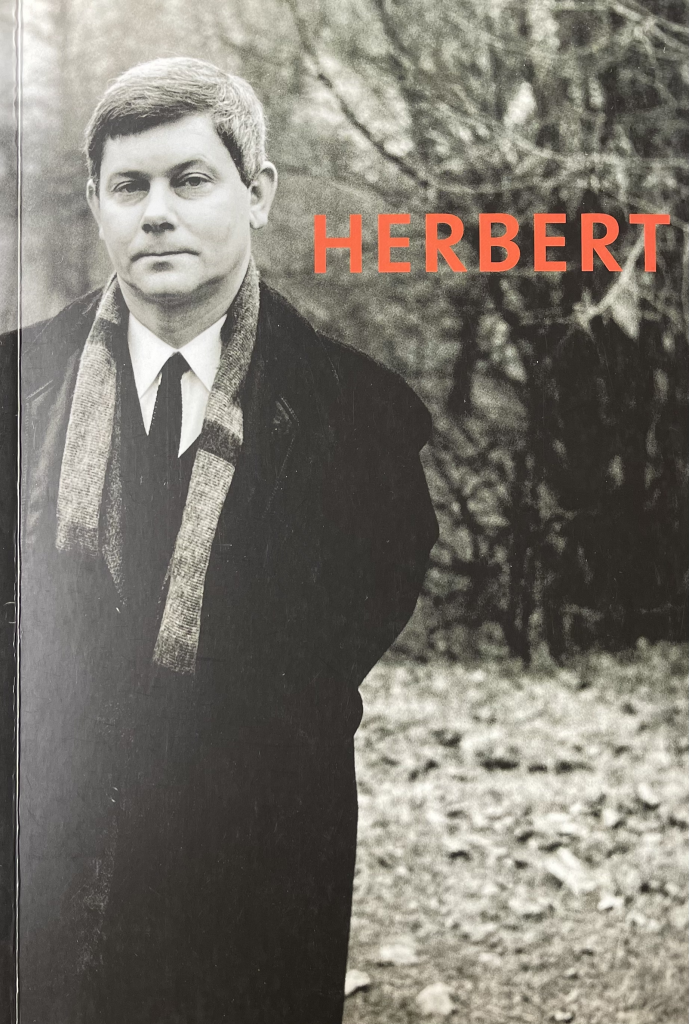
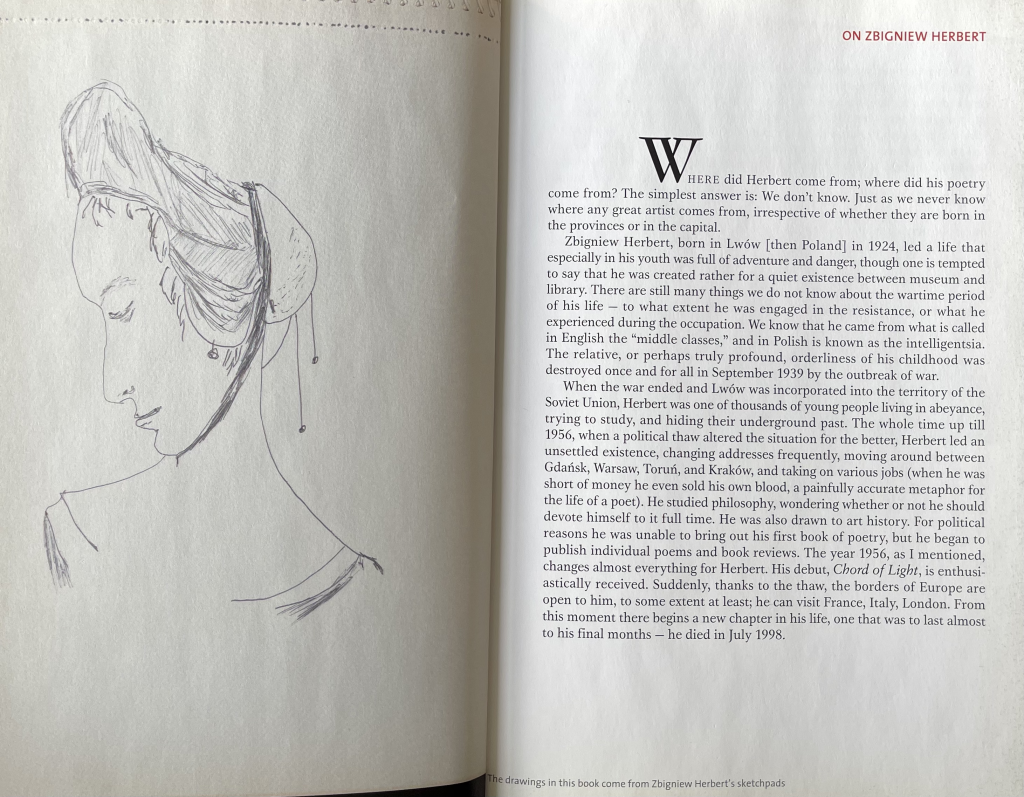
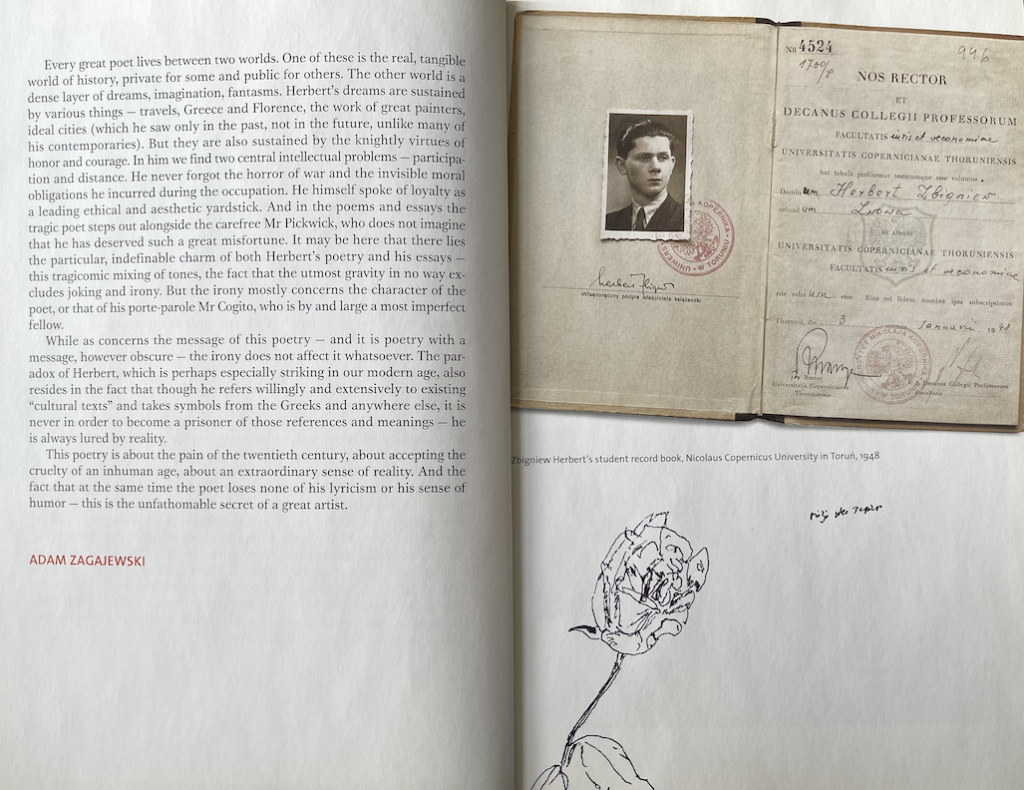
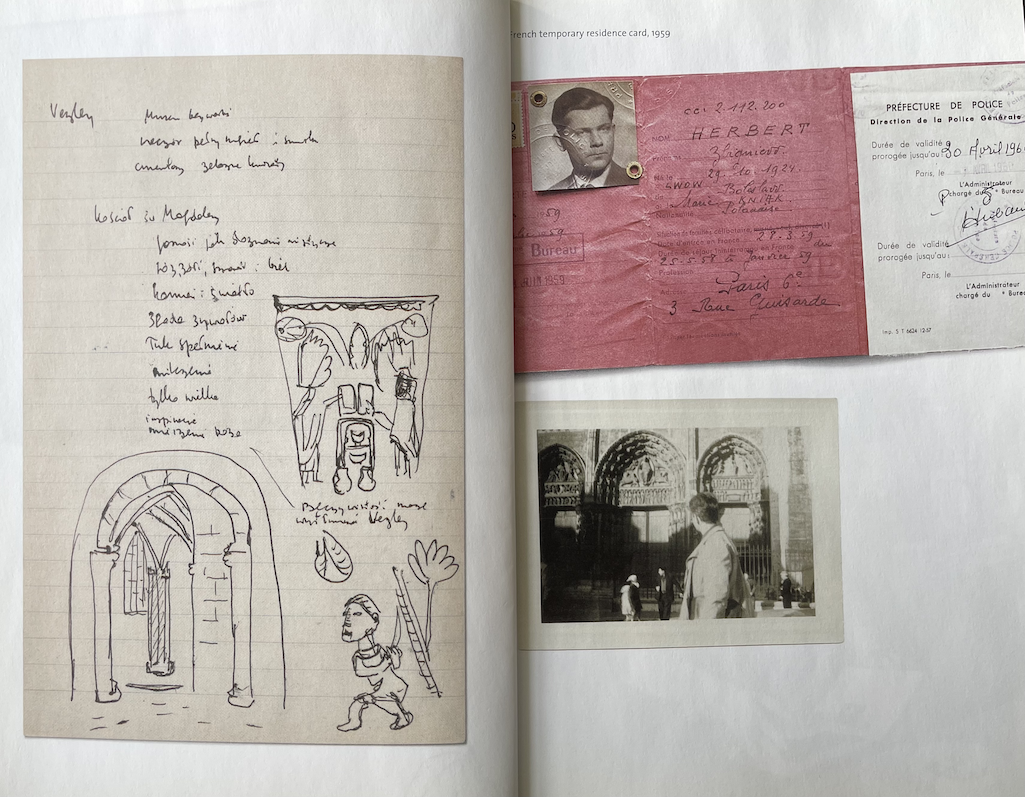
Zbigniew Herbert, (born October 29, 1924, Lwów, Poland [now Lviv, Ukraine]—died July 28, 1998, Warsaw), one of the leading Polish poets of the post-World War II generation.
Herbert attended an underground high school during the wartime German occupation of Poland and also took secret military training courses with the Polish Home Army. After World War II he earned degrees in economics, law, and philosophy at various universities in Poland. He published little poetry in 1949–54, when Socialist Realism was mandatory in Poland, but in 1955 he began a long association with the literary review Twórczość (“Creation”). Herbert’s first collection of poems, Struna światła (1956; “Chord of Light”), was followed by Hermes, pies i gwiazda (1957; “Hermes, a Dog and a Star”), Studium przedmiotu (1961; “A Study of the Object”), and such later volumes as Pan Cogito (1974; Mr. Cogito) and Raport z oblężonego miasta (1983; Report from the Besieged City and Other Poems). After travels in France and Italy between 1958 and 1961, Herbert published the essays inspired by these visits as Barbarzyńca w ogrodzie (1962; Barbarian in the Garden). From 1975 to 1992, he lived mostly in western Europe, although during that time he returned to Poland for the five years from 1981 to 1986. Then, from 1992 until his death, he made his home in Poland.
Herbert’s poetry expresses an ironic moralism in free verse laden with classical and other historical allusions. In reflecting on Poland’s traumatic experiences at the hands of the Nazis and Soviets during World War II and afterward, he uses a sarcastic rhetoric to question the gap between ideal morality and the nightmares of 20th-century totalitarianism. English translations of his poems appear in Elegy for the Departure and Other Poems and in Selected Poems (1968 and 1977). The King of the Ants: Mythological Essays (1999) comprises some of his essays.
Herbert’s poetry and his essays evoke the best traditions of antiquity, relating them to modern times in an inspiring way and showing the sources of European civilization reaching back to Greek and Roman mythology as relevant factors of modern philosophy, art, and literature.
Biography source: Britannica
Selected writings about Zbigniew Herbert in English:
- Poetry Foundation on Zbigniew Herbert
- Poets.org
- Culture.pl Biography
- Culture.pl: Exploring Herbert, an Interview with Andrzej Franaszek
- Best-Poems.net
- Modern Poetry in Translation
- NY Books
- New Yorker
- Book Forum: A Fresh Translation Restores Zbigniew Herbert
- The New York Times: Zbigniew Herbert, 73, a poet who sought moral values
- The TLS Biography
Moderator: Edward Hirsch
Writer and Director: Ewa Zadrzyńska
Cinematography: Jacek Mierosławski
Editor: Anna Jędrzejewska
Curator and Executive Producer: Bartek Remisko
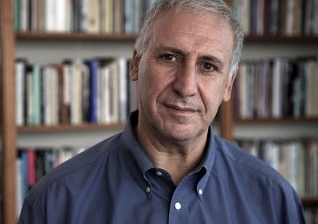
Edward Hirsch is an American poet and critic who wrote a national bestseller about reading poetry entitled How to Read A Poem And Fall In Love With Poetry published in 2014. He has published nine books of poems, including The Living Fire: New and Selected Poems (2010) and Gabriel: A Poem (2014), a book-length elegy for his son that The New Yorker called “a masterpiece of sorrow.” He has also published five prose books about poetry. His latest book of essays, 100 Poems to Break your Heart was published in 2021. He is president of the Guggenheim Memorial Foundation in New York City. Currently he is finishing a book of essays called The Heart of American Poetry. It will be published in April to mark the fortieth anniversary of the Library of America. The book consists of deeply personal readings of forty essential American poems. It rethinks the American tradition in poetry. Ed Hirsch lives in New York City.
Lead image: Zbigniew Herbert, Creative Work House of Polish Writers’ Union,1972, photo: Erazm Ciołek / Forum. Image source: Culture.pl.


